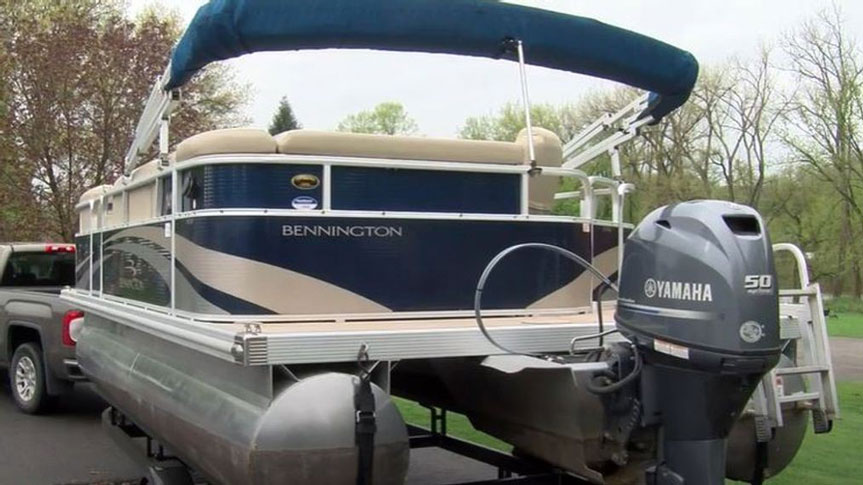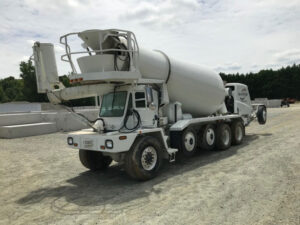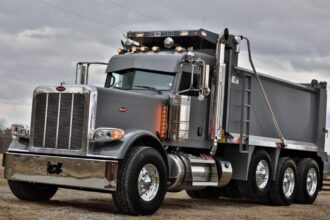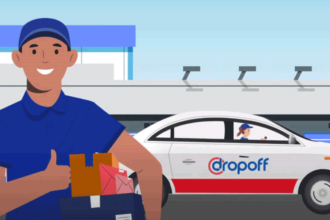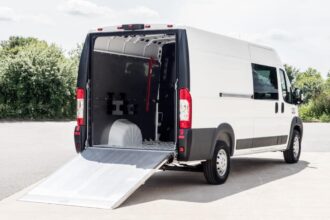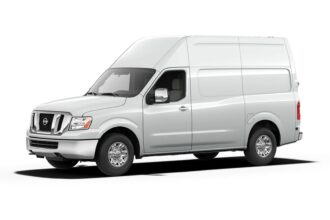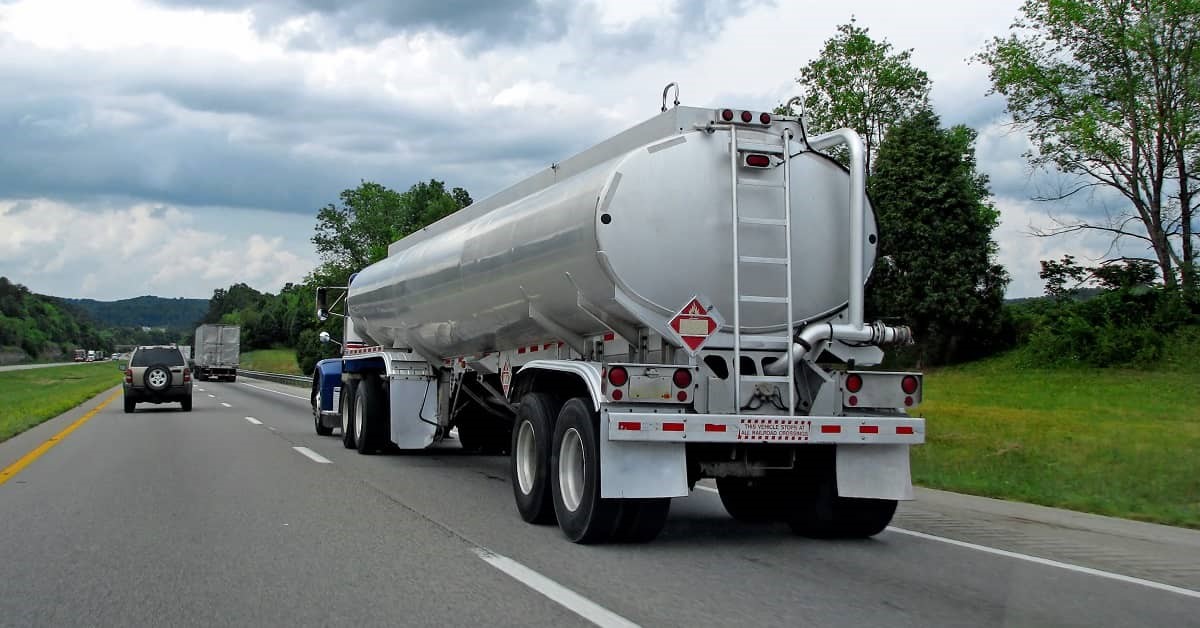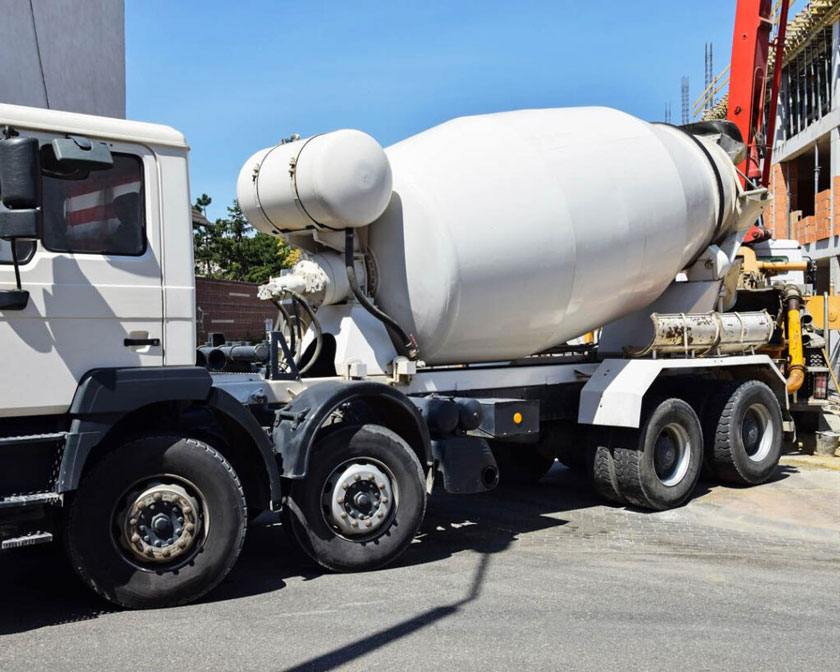Table of Contents
Introduction
If you’re planning to start a boat hauling business, understanding how to lease a boat hauler can be pivotal. A boat hauler, often a specialized trailer or vehicle designed for transporting boats, comes in various sizes and configurations tailored to different boat types.
You might find it essential to lease one to accommodate the diverse range of vessels you plan to transport efficiently and safely. When leasing a boat hauler for your business, you need to consider factors like the trailer’s capacity, compatibility with different boat sizes, and legal requirements for hauling.
It’s crucial you verify the leasing company’s reputation, insurance coverage, and the maintenance standards of the hauler. You need to ensure compliance with safety regulations and the updated technical specifications for hauling boats, safeguarding both the vessels you transport and your business’s reputation.
How to Lease a Boat Hauler for Business:
- Research Hauler Types
- Assess Boat Compatibility
- Check Legal Requirements
- Verify Leasing Company
- Review Insurance Coverage
- Inspect Maintenance Standards
- Review Lease Agreement
- Make Payment
Recap
>>>MORE: How to Start a Boat Hauler Business
1. Research Hauler Types
The first crucial step in leasing a boat hauler for business is to research hauler types. You dive into understanding the variety available and the specific functions for transporting boats.
You should consider the different trailers or vehicles designed to haul boats of various sizes and shapes. For instance, a flatbed trailer might suit smaller boats, while a hydraulic boat trailer is apt for larger vessels due to its adjustable features.
You must match the hauler’s specifications with the range of boats you intend to transport. Additionally, researching hauler types involves exploring any specialized equipment or add-ons required for certain boat models.
For example, if you plan to transport sailboats, you might need additional support for its masts. You could also consider looking into enclosed trailers for added protection if you deal with valuable or sensitive boats. Ultimately, thorough research helps you identify the most suitable hauler types that align with the diverse needs of your boat hauling business.
2. Assess Boat Compatibility
The next vital step is to assess the boat compatibility by essentially matching the specifics of the boat you intend to transport with the capabilities of the hauler. Start by evaluating the dimensions, weight, and design of the boats you plan to transport.
Consider the hull shape, keel type, and any additional accessories or modifications your boats might have. You need to ensure that the hauler can accommodate these various features without causing damage or compromising safety.
For instance, if you transport different boat types like sailboats, motorboats, or pontoons, each might demand a different approach due to the distinct structural characteristics. You might need adjustable or custom-designed trailers to fit various keel types or boat lengths.
Assessing boat compatibility also involves examining how the hauler secures the boats during transport. You must ensure it provides adequate support and minimizes movement to prevent damage. This detailed assessment helps you guarantee that the leased hauler suits the specific requirements of your diverse fleet, ensuring safe and efficient transportation.
3. Check Legal Requirements
Ensuring compliance with legal requirements is key when leasing a boat hauler for your business. Research the rules governing boat transportation in your area. You must understand permit needs, weight limitations, and specific licenses for transporting various boat sizes.
For instance, certain regions demand extra permits for oversized loads, impacting your choice of hauler and routes. You must also consider insurance prerequisites and liability coverage essential for boat transportation under the law. Knowing these legalities avoids surprises or delays in your operations.
Furthermore, familiarize yourself with safety standards stipulated by authorities. This may involve trailer specifications, lighting prerequisites, or specific towing regulations. Complying with these legal protocols not only ensures a smooth leasing process but also establishes your boat hauling business as lawful and reliable.
Make sure you verify these legal requirements to maintain updated and compliant operations, securing your business’s credibility and success.
4. Verify Leasing Company
It’s crucial you verify the credibility of the leasing company before securing a boat hauler for your business. Start by researching the company’s reputation and track record. You need to ensure it has a history of reliable service, especially concerning the maintenance and condition of its haulers.
Check for client reviews or testimonials to gauge satisfaction levels and potential issues faced by others. You can contact the company directly to inquire about its inspection routines, maintenance schedules, and policies regarding breakdowns or emergencies during a lease period.
Furthermore, you should validate the leasing company’s adherence to legal regulations and industry standards. Make sure you confirm its compliance with safety measures and whether its haulers meet necessary specifications for transporting boats.
A thorough verification process ensures that you engage with a reputable and dependable leasing company, safeguarding your business and ensuring smooth boat hauling operations.
5. Review Insurance Coverage
Make sure you assess the company’s insurance coverage when leasing a boat hauler for your business. You must ensure that the insurance it provides covers potential damages, accidents, or liabilities during the transportation of boats.
Review the insurance details thoroughly, paying attention to the extent of coverage and any exclusions. It’s crucial you verify if the insurance adequately protects both you and the leasing company in various scenarios, such as accidents, theft, or damages en route.
For instance, inquire about specific clauses regarding boat transportation and whether the coverage includes different types of boats or cargo values. Additionally, you should understand the procedures for filing insurance claims in case of unforeseen incidents during the lease period.
When you review and understand the insurance coverage comprehensively, you safeguard your business from potential financial risks and ensure a secure and protected operation while leasing a boat hauler.
6. Inspect Maintenance Standards
Don’t forget to inspect maintenance standards while leasing a boat hauler to ensure the hauler meets high-quality upkeep criteria. You must inquire about the maintenance routines and schedules followed by the leasing company. Ask how frequently it services its haulers and if it conducts rigorous inspections between leases.
You should assess various aspects, such as brakes, tires, hydraulics (if applicable), and the overall condition of the hauler. It’s crucial you confirm that the hauler undergoes regular checks to guarantee safe and reliable transportation for your boats.
For example, you can inquire about specific maintenance protocols for different types of haulers or trailers. Evaluate if it adheres to manufacturer recommendations for upkeep, ensuring optimal performance and minimal risk of breakdowns during transportation.
By scrutinizing these maintenance standards, you ensure the leased hauler is in top-notch condition, reducing the chances of unexpected issues during your boat hauling operations.
>>>PRO TIPS: How to Buy a Boat Hauler For Business
7. Review Lease Agreement
Before you secure a boat hauler for your business, make sure you review the lease agreement to be sure it aligns with your business needs and protects your interests.
You need to meticulously examine the terms and conditions outlined in the agreement. It must specify all crucial aspects, including the lease duration, payment terms, and any additional fees.
Pay close attention to clauses regarding liability, insurance requirements, and penalties for breaches or damages during the lease period. You should confirm if the agreement covers your responsibilities and rights comprehensively.
For instance, clarify whether the agreement allows modifications or add-ons to accommodate different boat sizes or specialized hauling needs. You must take note of the procedures for terminating the lease prematurely if needed and any associated penalties.
This process safeguards your business from potential misunderstandings or disputes and ensures a transparent and mutually beneficial relationship with the leasing company.
8. Make Payment
Once you’ve finalized the terms of the lease agreement for the boat hauler, you need to make prompt and accurate payment as outlined. Ensure that you understand the payment terms detailed in the agreement, including the frequency of payments, the total lease amount, and any additional fees or charges.
Make sure you comply with the agreed-upon payment schedule to avoid any potential disruptions to your operations. Consider setting up a method of payment that is convenient and secure for both you and the leasing company.
For instance, you might arrange for automatic payments or wire transfers based on the agreed-upon terms. Always retain records of payments you make, including receipts or confirmations, to maintain a clear payment history.
By fulfilling your payment obligations promptly and accurately, you maintain a good working relationship with the leasing company, ensuring smooth and uninterrupted access to the boat hauler for your business needs.
Recap
To lease a boat hauler for your business, you need to research hauler types that suit your boat range. Then, assess compatibility between the boats you intend to transport and the hauler. Make sure you check legal requirements, verify the leasing company’s reliability, and assess insurance coverage. Don’t forget to review the lease agreement thoroughly before you make payment.


